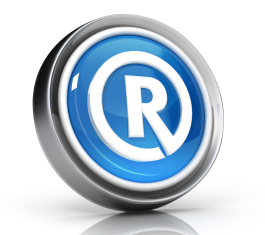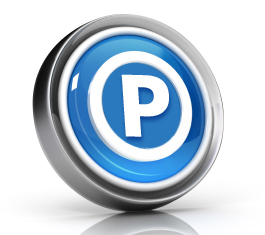Trademark vs Copyright vs Patent
Unraveling the confusion and simplifying them in a comparative manner.
We understand how confusing these terms can be. When compiling this information, we found that people often utilize these terms incorrectly. Much of this confusion stems from the government itself, which intertwines trademarks and patents into one office, the United States Patent and Trademark Office, and has a separate office for Copyrights. They all protect different forms of intellectual property.
Trademark
A trademark is, intellectual property protection for a name, logo, or any other type of design that is geared towards identifying a company's products or services as their own. This is a primary means of differentiating brands from their main competitors. Trademark owners are given exclusive rights to this branding, including the ability to license it out as well as the ability to pursue litigation in the case of infringement. More on trademark law...
Copyright
Copyrights provide protection for original works of authorship, covering both published and unpublished works, including poetry, novels, movies, songs, computer software, and architecture. Copyrights give their owners the exclusive rights over any literary graphic, musical, and other related forms of expression that they have created. The rights provided by a copyright include the right to reproduce the work in any form as well as the ability to profit from it altogether. More on copyright law...
Patent
A type of intellectual property protection that provides rights to the inventor of a product, idea, or formula, and forbids the reproduction, use, and sale of the invention for a limited time. These are broken down into three types: utility, design, and plant. Utility patents protect things that provide useful functional value, whereas design patents protect their ornamental designs. Plant patents are granted to anyone that breeds a new type of plant life. More on patent law...
View our detailed descriptions for trademarks, copyrights, and patents for more information on how they work, the type of protection they provide, and the legal fees associated with each. Whether you want to know how long it will take to get one, or the fees that will be associated, you will be able to learn more about the process and have all your questions answered.



